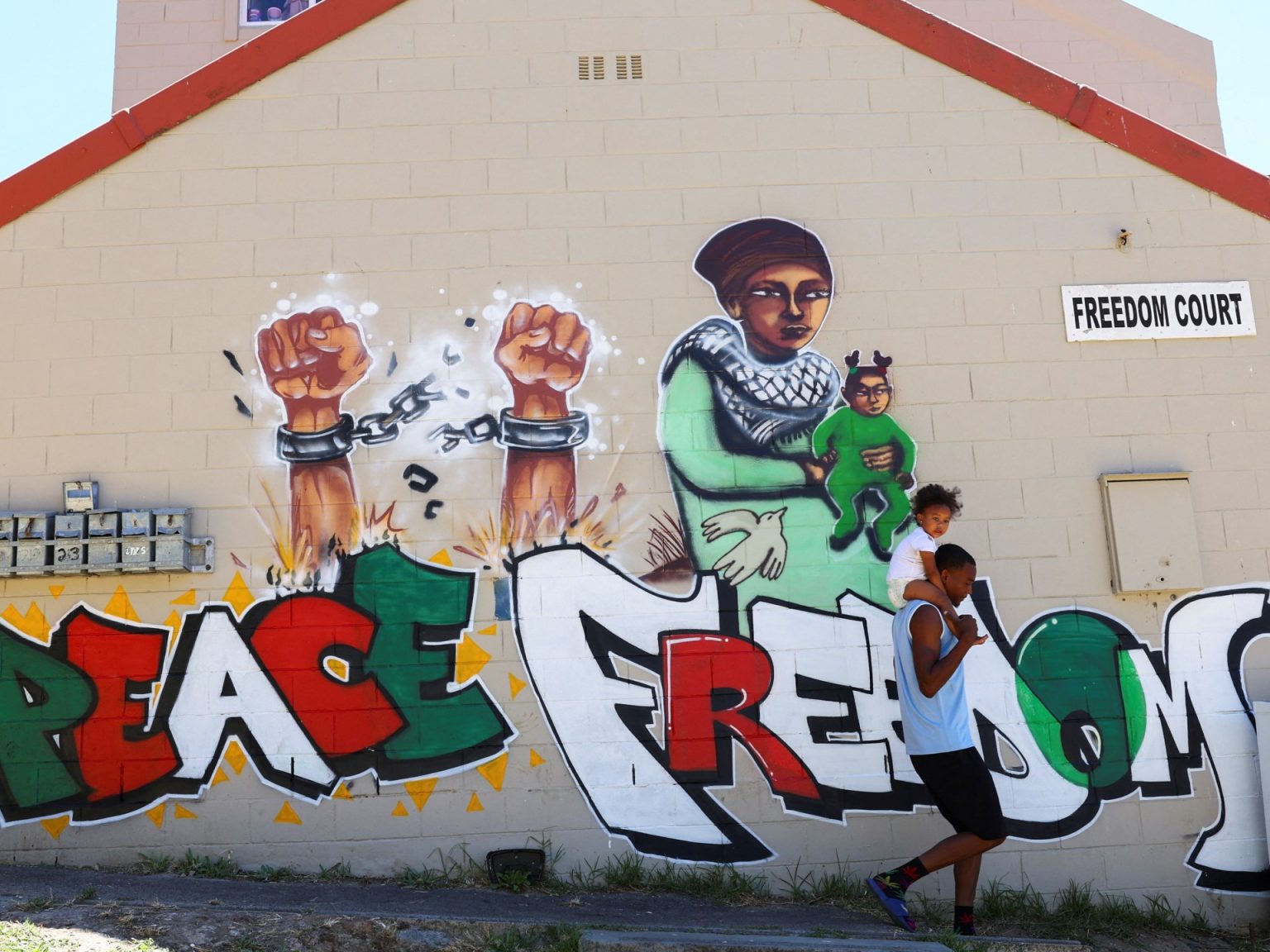The inaugural launch of the African Humanities Association (AHA) in December 2023, hosted by the University of Cape Town’s Centre for African Studies, was overshadowed by the devastating aftermath of the Hamas attack on Israel in October and the subsequent Israeli bombardment of Gaza. The destruction of educational institutions and the killing of academics in Gaza prompted a proposal within the AHA to issue a statement of solidarity with Gaza scholars. This proposal, however, met with resistance, igniting a debate about the appropriate response of an African academic body to this crisis, particularly in the context of ongoing conflicts within Africa. The debate ultimately highlighted the complex relationship between pan-African solidarity, anti-colonial struggles, and the imperative to address both historical and contemporary forms of dehumanization of African lives.
The objections to the proposed statement of solidarity with Gaza were twofold. Firstly, some argued that taking a stance on such a divisive issue could fracture the nascent association and impede its ability to build consensus. Secondly, a more prominent objection questioned the prioritization of Gaza over numerous conflicts plaguing the African continent, from the eastern Democratic Republic of Congo (DRC) to Sudan, Ethiopia, and Mozambique. This “whataboutism” argument resonated deeply with concerns about the longstanding devaluation of African lives and the relative lack of global attention given to African conflicts. Critics questioned whether focusing on Gaza perpetuated a racially biased narrative that minimized suffering in Africa and demanded similar expressions of outrage and support for African victims of conflict.
This debate within the AHA reflects a broader tension within African intellectual and activist circles regarding the appropriate response to extra-continental crises. The historical dehumanization of Africans and the continued marginalization of African conflicts in the global arena understandably fuels skepticism towards expressions of solidarity that appear to prioritize non-African struggles. In response, some solidarity events in South Africa have adopted more inclusive slogans, such as “Free Congo, Free Sudan, Free Palestine”, attempting to bridge this perceived divide. However, such attempts, while well-intentioned, risk conflating distinct historical and political realities.
While the loss of civilian life is a tragic commonality across these conflicts, their underlying causes and characteristics differ significantly. The Palestinian struggle is fundamentally an anti-colonial struggle against an occupying settler-colonial state. The call for a “Free Palestine” aligns with this anti-colonial framework. Conversely, conflicts in Sudan, the DRC, and other African nations are rooted in complex postcolonial predicaments, often involving internal struggles over national identity, resource control, and the legacies of colonialism. These struggles, while demanding urgent attention and action, do not necessarily parallel the Palestinian struggle against external occupation. Conflating these distinct situations under a single banner of solidarity risks oversimplifying their complexities and undermining the specific needs and objectives of each struggle.
Solidarity with Palestine among Africans stems from a shared history of colonialism and a recognition of the enduring impact of settler-colonialism. Nelson Mandela’s famous declaration that “we are not free until Palestinians are free” encapsulates this sentiment. However, the imperative to address the invisibilization of African conflicts should not be framed as a competition for solidarity. Rather, it requires a deeper engagement with the unique challenges facing the continent, moving beyond simplistic narratives of victimhood and demanding nuanced analyses of the historical, political, and economic factors driving these conflicts.
As African scholars and intellectuals, addressing the dehumanization of African lives requires more than simply expressing “solidarity.” It necessitates a commitment to rigorous research, critical analysis, and the development of context-specific solutions. It demands a reckoning with the unfulfilled promises of post-colonial liberation movements and a willingness to “dare to invent” new futures, as Frantz Fanon urged, by dismantling the lingering structures of colonial power and reimagining the very foundations of political community. This involves challenging the dominant narratives surrounding African conflicts, often imposed from outside, which reduce them to simplistic binaries of good versus evil or oppressive leaders versus victimized populations. It requires amplifying African voices and perspectives, providing platforms for nuanced discussions, and fostering genuine understanding of the complex web of factors at play. Ultimately, addressing the legacy of dehumanization requires fostering a global consciousness that recognizes the interconnectedness of struggles for justice and equality, while simultaneously acknowledging the distinct historical and political contexts within which these struggles unfold. This nuanced approach allows for meaningful solidarity with Palestine’s anti-colonial struggle while also prioritizing the critical work of addressing the complex and often overlooked challenges facing Africa.

